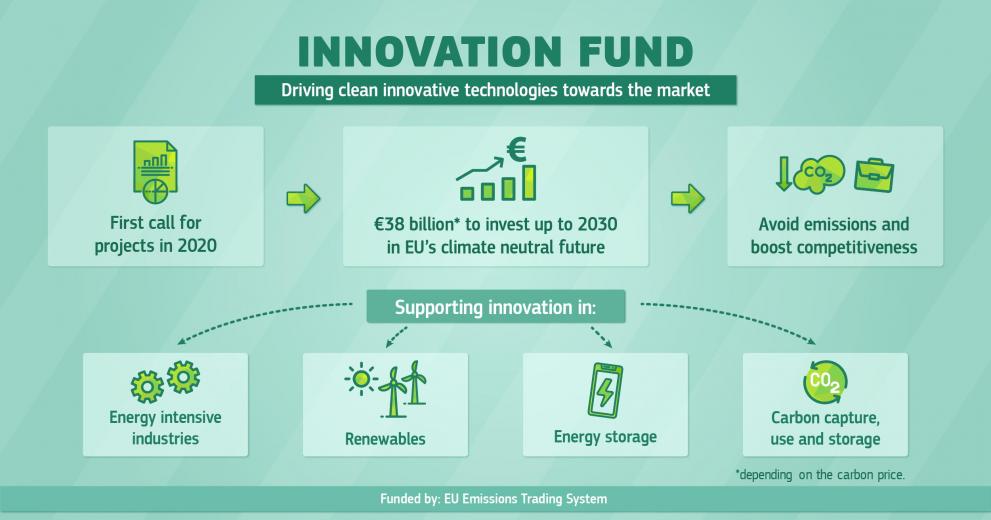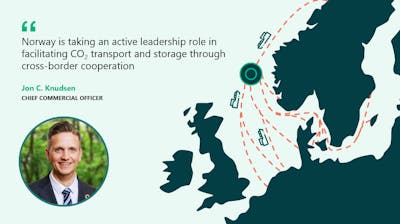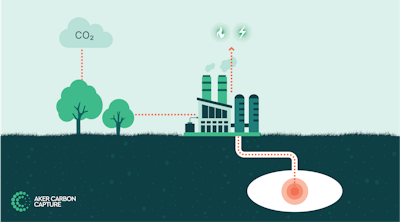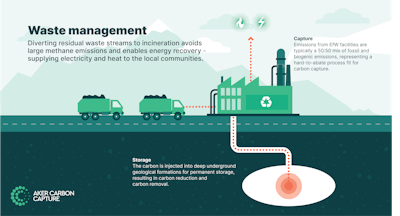Introduction
Last Thursday, the European Commission launched the third call for large-scale projects under the EU Innovation Fund. This time around, the funding budget is valued at €3 billion mainly because of the increased revenue from auctioning of EU Emission Trading System (ETS) allowances. This call will support large-scale projects and boost the deployment of industrial solutions to decarbonize Europe. The call will also direct special focus on the priorities of the EU flagship policy package REPowerEU, which emphasizes saving energy, producing clean energy, and diversification of energy supplies. CCUS will be eligible for a significant part – €1 billion – of the funding under at least one of the categories for this call of the Innovation Fund.

Background
The innovation Fund is one of the world’s largest funding programmes for the demonstration and commercialization of innovative low-carbon technologies. This is the third call for large-scale projects launched by the Innovation Fund. The innovation Fund will provide around EUR 38 billion of support from 2020 to 2030 (at EUR 75/tCO2) depending on the carbon price, for the commercial demonstration of innovative low-carbon technologies, and aiming to bring market industrial solutions to decarbonize Europe and support its transition to climate neutrality. The EU ETS provides the revenues for the Innovation Fund from auctioning roughly 450 million allowances during the Fund’s period. Calls under the Innovation Fund focus on the following projects:
- Construction and operation of carbon capture and storage (CCS)
- Carbon capture and utilization (CCU)
- Innovative low-carbon technologies and processes in energy-intensive industries, including products substituting carbon-intensive ones
- Innovative renewable energy generation
- Energy storage
Focus Topics under the Third Call
This iteration of the Innovation Fund will divert special focus to the REPowerEU Plan. The call will fund the following topics:
- General decarbonization – budget €1 billion: addressing innovative projects in carbon capture, use, and storage, renewable energy, energy-intensive industries, energy storage, and products substituting carbon-intensive processes notably low-carbon transport fuels which includes maritime and aviation
- Innovative electrification in industry and hydrogen – budget €1 billion: innovativeprojects in electrification methods to replace fossil fuel use in industry as well as renewable hydrogen production or hydrogen uptake in industry
- Clean tech manufacturing – budget €0.7 billion: innovative projects in manufacturing components in addition to final equipment for electrolyzers and fuel cells, heat pumps, energy storage and renewable energy
- Mid-sized pilots – budget €0.3 billion: Innovative projects in breakthrough or disruptive technologies in deep decarbonization in all eligible sectors of the Fund. These projects are expected to the innovation in an operational environment, but would not be expected to reach large-scale demonstration or commercial production
What is this likely to mean for CCUS?
CCUS has been one of the main benefiters of the Innovation Fund. This summer marked a significant milestone for the industry as the second call for large-scale projects results were released, where 7 out of the total 17 projects included CCUS technologies – sharing a total grant budget of €1.8 billion.
This time, the budget is drastically higher, however CCUS technologies are most likely to benefit from the “general decarbonization” topic as explained earlier, with an earmarked €1 billion available. With a multitude of projects in different stages, but shifting the notion from planning to realization, and some already in construction – it is essential to keep facilitating the industry as CCUS has never been this close to large-scale commercialization and will make a significant impact on reaching overarching goals in the European Green Deal and Paris Agreement.
Overall, the Innovation Fund is one of the world’s largest funding programme for the climate crisis and energy transition. It is an instrument that plays a vital part for financing decarbonization technologies in Europe, of which CCUS is central. Given the recent focus on REPowerEU, which also includes ETS implications, the current status of the Innovation Fund and its support for CCUS remains in a precarious state. The support of EU funding instruments is crucial as the industry transitions to a future outlook where incentives such as the EU ETS are expected to be sufficient enough to provide stable foundations for the industry to prosper on its own.
Projects can now apply via the EU Funding and Tenders portal where information on the overall procedure is available. Applicants will be informed about the results of the evaluation closer to the second quarter of 2023, and grant awards and signature of projects will occur in the fourth quarter of 2023.
Conclusion
CCUS has seen a significant spark in momentum over the past year. The Innovation Fund third call for large-scale projects present an opportunity for even further facilitation if it is to continue the trend of offering growing support for CCUS. A strong EU ETS is at the forefront here and an important enabler as it is currently fulfilling its purpose of being one of the main pillars for the European Commission to fight the climate crisis and will play an even bigger role in the future.
For information: Projects will be assessed by independent evaluators with emphasis on level of innovation, potential to avoid greenhouse gas emissions, potential of scale-up, cost efficiency, and financial and technical maturity. The call is open for projects in EU Member States, Iceland, and Norway until 16 March 2023. Promising projects that are not yet mature enough may benefit from project development assistance by the European Investment Bank. Aker Carbon Capture is ready to support project applications through the Innovation Fund. Reach out to us at ccus@akercarboncapture.com if you would like more info on how we can support your application, as Aker Carbon Capture has several offices across Europe to help support local applications to the EU Innovation Fund as well as other funding opportunities from the European Commission and Member States.



